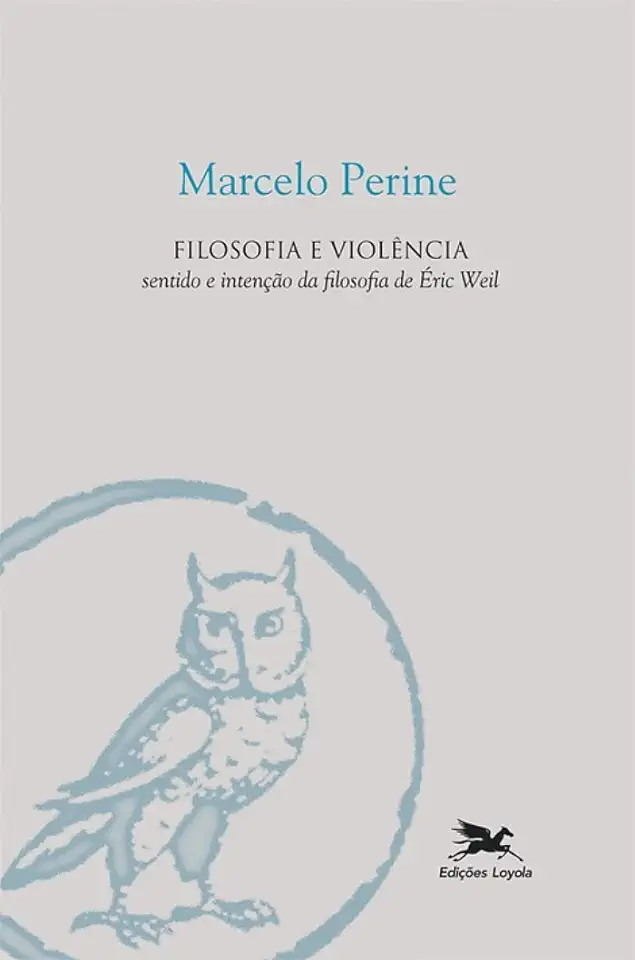
Philosophy and Violence - Marcelo Perine
Philosophy and Violence: A Comprehensive Exploration of the Interplay Between Thought and Action
In his groundbreaking work, "Philosophy and Violence," Marcelo Perine embarks on an intellectual journey that delves into the complex relationship between philosophy and violence. With meticulous research and profound insights, Perine presents a comprehensive analysis of how philosophical ideas have shaped violent actions throughout history and how violence, in turn, has influenced philosophical thought. This book is a must-read for anyone seeking a deeper understanding of the interplay between thought and action, the nature of violence, and the role of philosophy in shaping our world.
Unveiling the Nexus: Philosophy and the Roots of Violence
Perine begins by exploring the philosophical underpinnings of violence, tracing its origins to the fundamental questions that have preoccupied human thought for centuries. He argues that violence is not merely a physical phenomenon but also a product of intellectual and cultural forces. By examining the works of influential philosophers, from ancient times to the present, Perine reveals how philosophical ideas have provided justification for violence, fueled conflicts, and shaped societal attitudes towards aggression.
Violence as a Philosophical Problem
Perine challenges the traditional view of violence as a purely empirical phenomenon, arguing instead that it is a profound philosophical problem that demands critical examination. He explores the ethical, political, and metaphysical dimensions of violence, questioning its nature, its causes, and its consequences. Perine draws upon diverse philosophical perspectives, including existentialism, phenomenology, and post-structuralism, to offer a nuanced understanding of violence as a complex and multifaceted phenomenon.
The Impact of Violence on Philosophical Thought
Perine also examines the reverse influence of violence on philosophical thought. He argues that violence has not only been shaped by philosophical ideas but has also profoundly impacted the development of philosophy itself. By analyzing the works of philosophers who have grappled with the experience of violence, Perine demonstrates how violence has served as a catalyst for philosophical reflection, leading to new insights into the human condition, the nature of reality, and the possibilities for social transformation.
Case Studies: Philosophy and Violence in Action
To illustrate the intricate relationship between philosophy and violence, Perine presents a series of case studies that span different historical periods and geographical contexts. These case studies range from the ancient Greek polis to the modern-day conflicts in the Middle East, showcasing how philosophical ideas have played a crucial role in shaping violent events and ideologies. Perine's analysis provides a deeper understanding of the ways in which philosophy and violence have been intertwined throughout history.
Towards a Philosophy of Non-Violence
In the final section of the book, Perine explores the possibility of a philosophy of non-violence. He argues that philosophy has the potential to contribute to the reduction of violence by providing critical insights into its causes and by promoting alternative modes of thought and action. Perine draws upon the works of philosophers who have advocated for non-violence, such as Mahatma Gandhi and Martin Luther King Jr., to outline a vision for a more peaceful world.
Conclusion: Philosophy as a Force for Good
"Philosophy and Violence" concludes with a powerful call for philosophers to engage with the urgent issue of violence and to use their intellectual tools to promote a culture of peace. Perine argues that philosophy has the potential to be a force for good in the world, offering critical insights that can help us understand and overcome the destructive forces of violence. This book is a timely and thought-provoking contribution to the ongoing dialogue on violence and its place in human society.